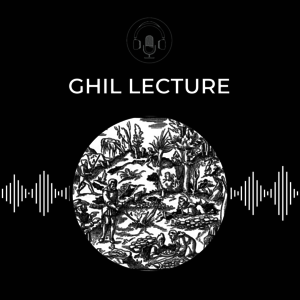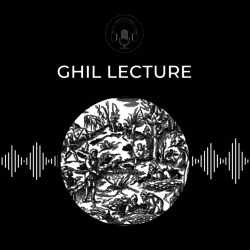 GHIL Podcast
GHIL Podcast

GHIL Lecture
Philipp Rössner
Peasants, Wars, and Evil Coins:
Towards a ‘Monetary Turn’ in Explaining the Revolution of 1525
2 April 2024
(0:41 h)

GHIL Lecture
Philipp Rössner
Peasants, Wars, and Evil Coins:
Towards a ‘Monetary Turn’ in Explaining the Revolution of 1525
GHIL Lecture, given 10 October 2023
The ‘Great German Peasant War’ of 1524–6 has quietly slipped off the historian’s agenda. Structural-materialist interpretations have waned since the fall of the Iron Curtain, giving rise to several ‘cultural’ and other ‘turns’, most of which have also passed. One phenomenon, however, has been missed completely, in older as well as more recent historiography: the monetary problem. Monetary issues—relating to currency and how different coins were used to pay fines, dues, and tithes—featured in most known medieval peasant grievances up to the Peasant War proper, significantly contributing to the peasants’ economic cause for revolt. This paper suggests how a ‘monetary turn’ may shed new light on Germany’s first modern revolution.
Philipp Robinson Rössner is Professor of Early Modern History at the University of Manchester. He has published books on early modern Scotland, Reformation Germany, Martin Luther as an ‘economist’, mercantilism, cameralism, and economic development. He held a Heisenbergstipendium (senior research fellowship) at Leipzig University, and he won the 2012 Walter Hävernick Prize for the best book in numismatics and monetary history.
Don't miss the accompanying interview: In this GHIL Podcast interview, Research Fellow for Medieval History Marcus Meer and PR Officer Kim König are joined by Philipp Rössner, Professor of Early Modern History at the University of Manchester, to talk about the research behind his lecture on ‘Peasants, Wars, and Evil Coins: Towards a “Monetary Turn” in Explaining the Revolution of 1525’.